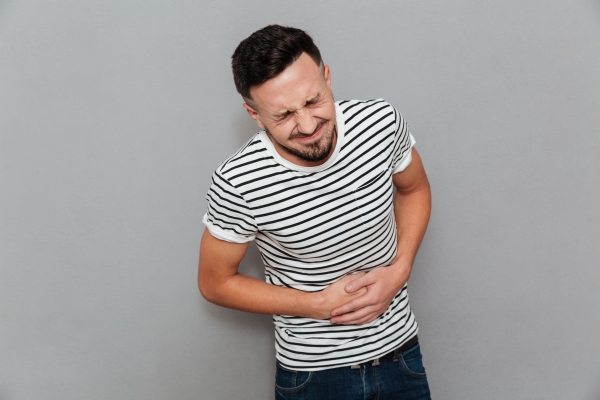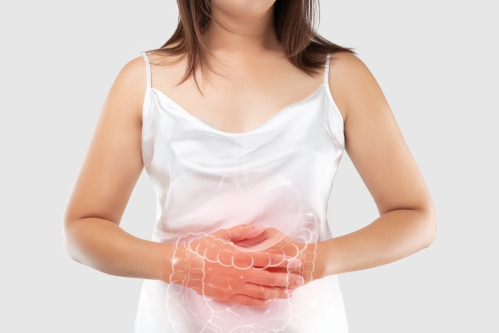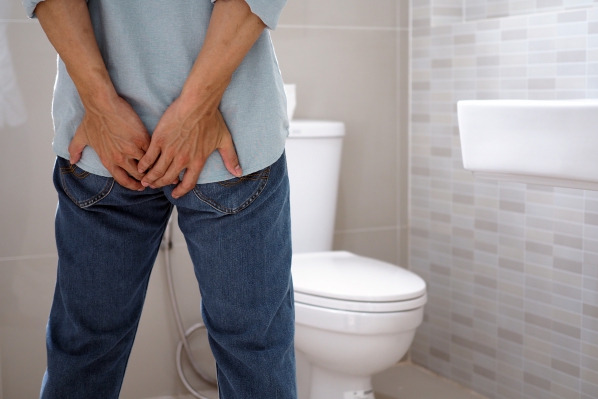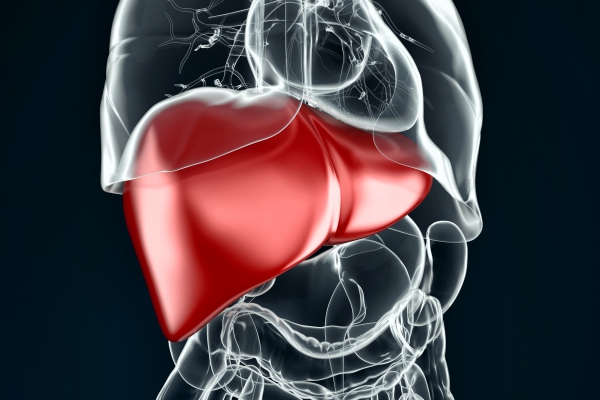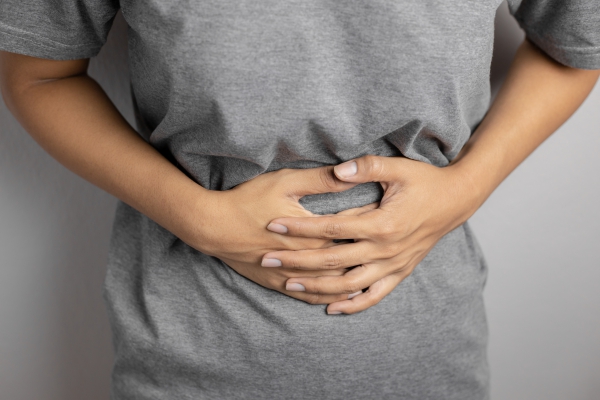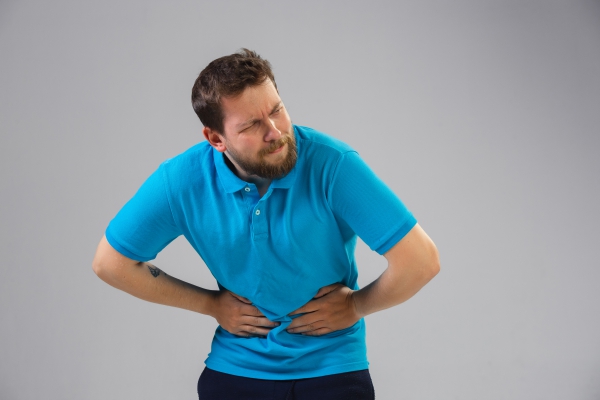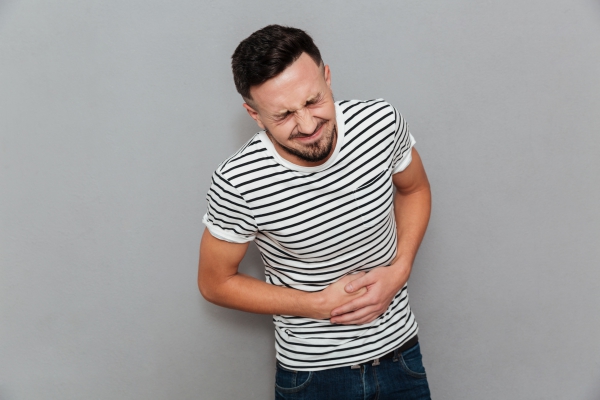Abdominal pain, Stomach ache, Gynecological disorders, Intestinal disorders, Renal disorders
Description : Abdominal pain can also be described as gut ache, tummy ache, stomach ache or belly ache. It is a
Article Details :
What is abdominal pain?
Abdominal pain can also be described as gut ache, tummy ache, stomach ache or belly ache. It is a symptom that everyone has experienced at some point in their life whether it is mild or severe. Abdominal pain can occur suddenly, progressively or it comes and goes. It can last for a short period of time (acute) or for weeks, months or even years (chronic).
The abdomen consists of several organs which make the diagnosis tricky and these include the stomach, kidneys, liver, small & large intestines, pancreas, spleen and gallbladder. Any problems with these organs may result in abdominal pain which is why your doctor will do some tests before you are given any medications or undergo any surgical procedure unless it is an emergency or the diagnosis is certain based on a proper physical examination.
The most common cause of abdominal pain in the emergency department in people aged under 50 years is Cholecystitis- an inflammation of your gall bladder- a small pouch responsible for concentrating bile produced by the liver- due to the formation of stones inside the pouch and in people aged above 50 years the most common cause is nonspecific abdominal pain. In addition, appendicitis- it is a condition which occurs when your appendix is inflamed- is the most common cause of abdominal pain requiring surgery.
What are the signs and symptoms which may accompany abdominal pain?
There are some signs and symptoms which may indicated that the abdominal pain is serious requiring immediate medical attention and these include:
- Abdominal pain that is so severe that you cannot move without causing even more pain.
- Fever.
- Unexplained weight loss.
- Blood in stool.
- Persistent nausea and vomiting.
- Jaundice which is yellowing of your skin and the whites of your eyes.
- Swelling of your abdomen.
- Severe pain when you touch your abdomen.
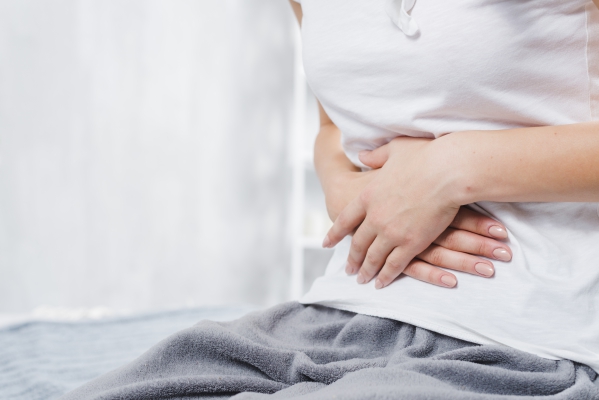
What are the causes of abdominal pain?
There are many causes of abdominal pain due to the amount of organs present in the abdomen. Common mild causes include a pulled muscle, gas pains or indigestion. However, other causes may require immediate medical attention.
The pattern, location and time course of the abdominal pain are very important clues to your doctor in determining its cause.
Acute abdominal pain
An acute abdominal pain is one which last for a few hours to days and ranges from minor conditions which may resolve on its own to severe medical or surgical emergencies and these include:
- Appendicitis: Appendicitis is an inflammation of the appendix which is a finger-shaped pouch that project from your large intestine (colon), on the right side of your abdomen.
- Abdominal aortic aneurysm (AAA): AAA is the enlargement of your abdominal aorta which is the large artery that runs from your heart to your abdomen.
- Cholecystitis: Cholecystitis is an inflammation of your gall bladder- a small pouch responsible for concentrating bile produced by the liver- due to the formation of stones (gallstones) inside the pouch.
- Cholangitis: This is an inflammation of the bile duct which is responsible for transporting bile from your liver to your small intestines.
- Diverticulitis: Diverticulitis is an inflammation or infection of pouches (diverticula) that may form in your intestines.
- Cystitis: Cystitis is the inflammation of your bladder which is responsible for the retention of urine.
- Ectopic pregnancy: Ectopic pregnancy occurs when a fertilised egg implants and grows outside of the womb (uterus).
- Heart attack.
- Injury to the abdomen.
- Faecal impaction: This is a large and hard mass of stool that gets stuck in your colon or rectum that you cannot push out.
- Diabetic ketoacidosis (DKA): DKA is a life-threating condition that affects people with type 1 diabetes. It occurs when the blood sugar level becomes extremely high because your cells cannot take in glucose. As a response your body converts fats into ketones to produce energy. However, too much ketones in the blood makes it acidic which results in signs and symptoms such as abdominal pain, a fruity breath and excessive thirst amongst others.
- Intestinal obstruction: Intestinal obstruction may be caused by several conditions such as colon cancer, hernias and inflammatory bowel disease amongst others.
- Liver abscess: This is when there is a collection of pus inside your liver.
- Pancreatitis: Pancreatitis is an inflammation of your pancreas.
- Peritonitis: This is an inflammation of the abdominal lining.
- Pericarditis: This is an inflammation of the tissue that surrounds your heart.
- Pneumonia: This is an infection of your lungs.
- Pulmonary infarction: Pulmonary infarction occurs when there is loss of blood supply to your lungs.
- Ruptures spleen: A ruptured spleen occurs when your spleen gets detached from its original place and usually Read more

